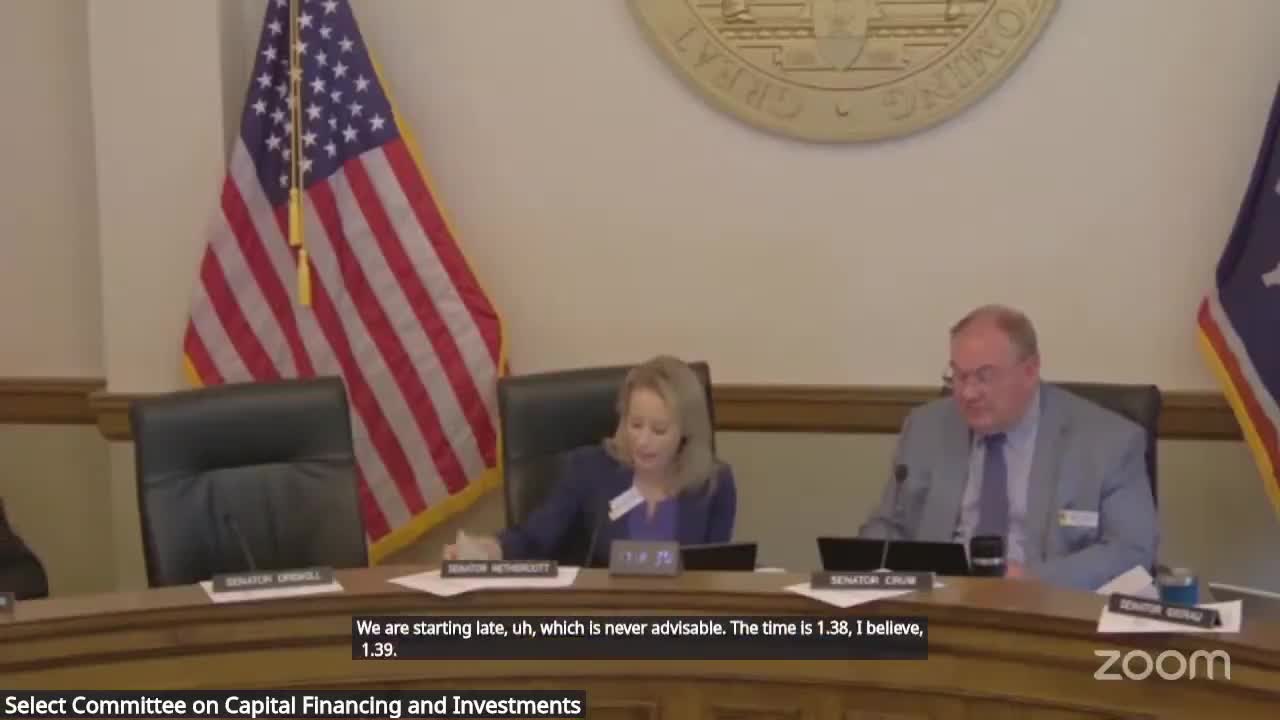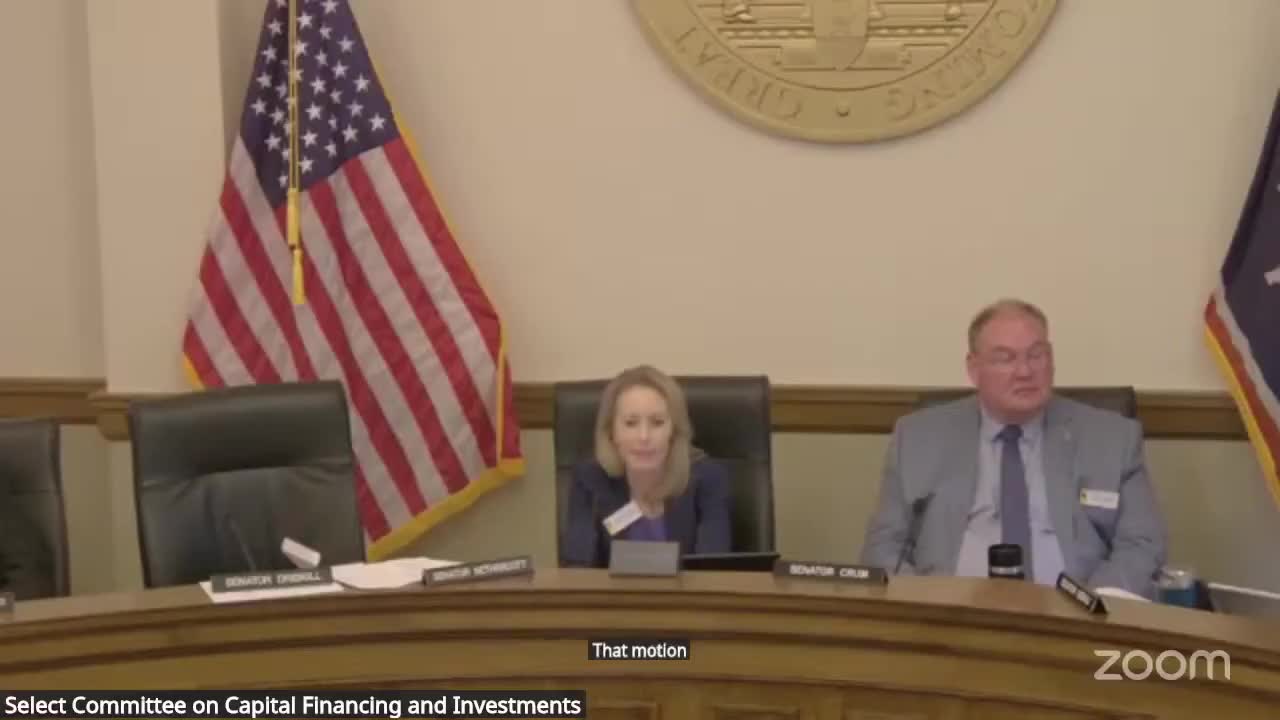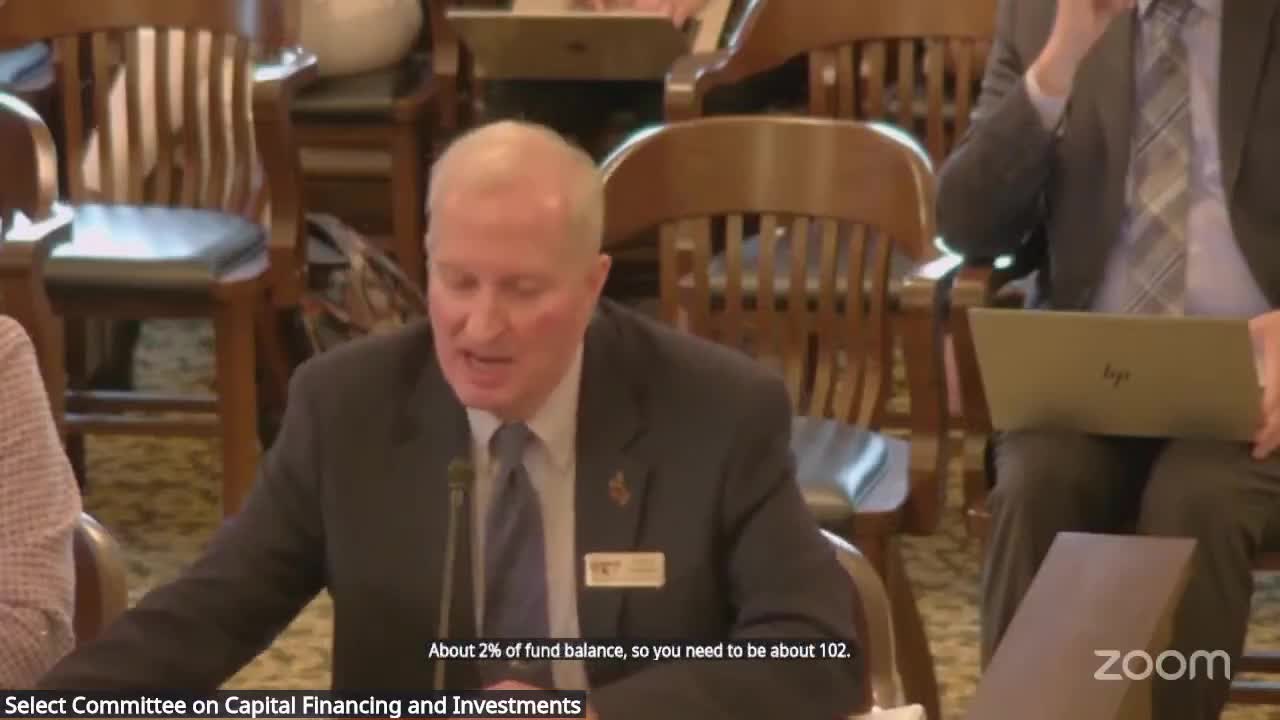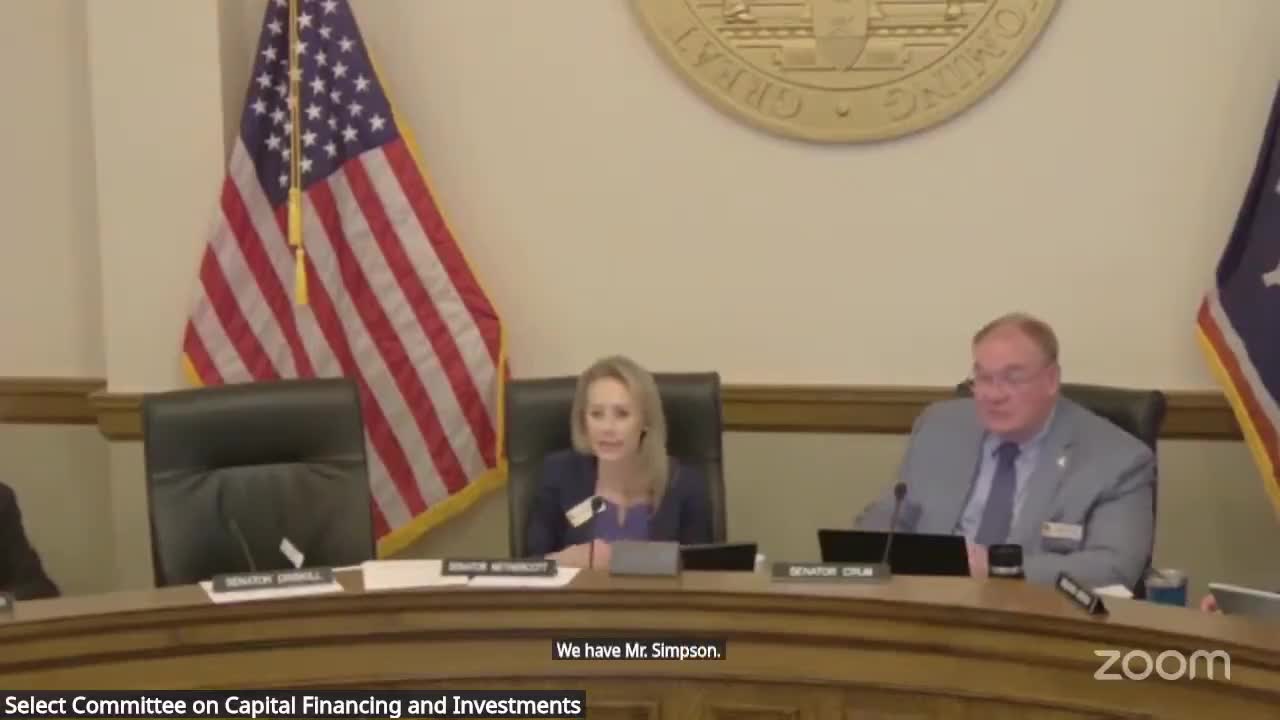Article not found
This article is no longer available. But don't worry—we've gathered other articles that discuss the same topic.

Committee hears that governor’s line‑item veto restored CIPA transfers and could exhaust PMTF reserve by FY2028

Committee orders bill drafts to raise online sports tax, add monitoring and slice more revenue from skill‑games and pari‑mutuel wagering

Committee approves drafting a constitutional amendment and statutory draft to create a long‑term compounding ‘generational’ account

